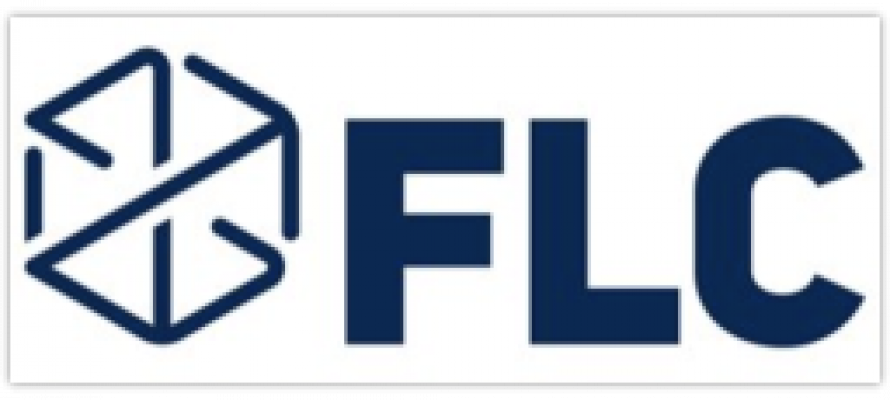Karen Maurey - Director, Technology Transfer Center, National Cancer Institute
As Director of the Technology Transfer Center (TTC) at the NIH National Cancer Institute (NCI), Karen Maurey has provided the leadership and vision that has been instrumental in facilitating the transfer of the innovative research carried out by the NCI scientists to industrial partners and collaborators. Her efforts have enabled unique biological materials to be made available for use as research tools by the private and public sectors as well as new biomedical products to reach the consumer.
During the time Ms. Maurey has been directing the efforts of the TTC, three new products with innovative NCI technologies licensed from NIH have received FDA approval. These include Gardasil®, a new vaccine to protect against cervical cancer, Prezista™, a novel protease inhibitor for the treatment of HIV-1 in patients who are non-responsive to existing antiretroviral therapies, and Kepivance™, a human keratinocyte growth factor protein used to decrease the incidence and duration of severe mouth sores in patients with hematologic cancers who receive myelotoxic therapy. Two of the three, Gardasil® and Kepivance™, were recipients of the FLC Awards for Excellence in Technology Transfer.
TTC provides a complete array of services to support the NCI technology development activities, including the negotiation of transactional agreements between the NCI and outside parties; review of employee invention reports (EIRs); recommendations to the NIH’s Office of Technology Transfer concerning filing of domestic and foreign patent applications; proposing and implementing innovative development strategies and academic and industry partnerships for NCI technology; advising and assisting NCI extramural grantees and contractors with issues related to grantees’ and contractors’ intellectual property developed with NIH support.
Ms. Maurey oversees the work of 50 technology transfer specialist and support staff who handle the technology transfer needs for all of NCI’s intramural research labs and branches and all of NCI’s extramural programs. This oversight includes the laboratories located at the NCI satellite campus in Frederick, Maryland. The NCI-Frederick campus consists of staff from both NCI and a system of contracts and is the only designated Federally Funded Research and Development Center (FFRDC) within HHS.
Ms. Maurey provided oversight for establishing the intellectual property parameters and guidelines for several key NCI initiatives which have been handled through the NCI-Frederick campus, including the FullLength cDNA Initiative, the Chemical Genomics Initiative, the Proteomics Initiative, and the NCI’s Alliance for Nanotechnology in Cancer.
The NCI TTC handles an enormous workload with remarkable effectiveness and efficiency. During FY08 (on behalf of just the NCI laboratories), the TTC managed a docket of over 170 active Cooperative Research and Development Agreements (CRADAs); submitted 148 EIRs; and executed 44 new CRADAs, over 1,800 Material Transfer Agreements, and 22 Clinical Trial Agreements. In FY08, the NCI CRADA program brought in $6.67 million in CRADA funds. In addition, Ms. Maurey’s office acts as a Competitive Service Center for 10 other NIH institutes, providing similar technology transfer services to these clients.
Under her leadership, her office undertook an outreach program to the NCI intramural labs and scientists. TTC staff is assigned to each lab to provide advice and guidance, negotiate agreements, answer questions, and keep the scientists informed of technology transfer policy and requirements. TTC staff participates in meetings, discussions, and conferences, as appropriate, to stay apprised of and monitor the scientists’ needs. These efforts have led to a greatly enhanced appreciation of technology transfer issues by the scientists and concomitant increased cooperation between the TTC staff and the NCI labs.
Ms. Maurey is widely considered an expert in technology transfer and her advice and input are sought by all levels at NIH. Her leadership in implementing the new NIH publication policy at NCI was vital to its acceptance among researchers. Karen’s contributions to the development of the new NIH policies and procedures for materials from human subjects were insightful and incisive. She was also instrumental in reviewing and revising the PHS model CRADAs so that they more accurately reflect the new ways that NIH collaborates with industry. Additionally, her office developed an umbrella CRADA with a large pharmaceutical company that has expedited the approval of the CRADAs and, thus, accelerated the research in important new cancer drug research. In collaboration with the Maryland Technology Development Corporation (TEDCO), Ms. Maurey’s office held a highly successful Technology Transfer and Federal Marketplace event to showcase to industry new NCI technologies focused on cancer therapeutics and diagnostics. Over 30 companies participated in the event and heard presentations from the Director of NCI, distinguished scientists, Ms. Maurey, and others.
She has served on the PHS Technology Transfer Policy Board, the NIH Public-Private Partnership Implementation Group, the PHS Technology Development and Transfer Committee, the NIH Technology Transfer Working Group, and the Catapult Advisory Group. Ms Maurey has been an invited speaker on numerous occasions, including a science writers’ seminar on public/private partnerships in cancer research, the FLC, the Center of Excellence in Immunology, and the 2006 NIH Tenure Track Investigator Retreat: Educating Investigators on the Tenure Process. She co-authored an article on intellectual property issues related to AIDS vaccine development and also teaches at the NIH Technology Transfer University and is a course co-instructor in the NIH Foundation for Advanced Education in the Sciences (FAES) Graduate School “Certificate In Technology Transfer” program.
Ms. Maurey is a recipient of two Individual NIH Merit Awards, one Group NIH Merit Award, and several Federal Technology Transfer Awards. Ms Maurey’s leadership and interpersonal skills have enhanced working relationships both internally and externally that have been extremely important to NIH achieving its technology transfer mission. Her desire to provide the best service to NCI through strong partnerships with all components of the NIH is unparalleled. Karen’s willingness to extend herself personally, think creatively, and consider new and different approaches to long held ideas make her a well respected and much admired technology transfer professional and colleague.

